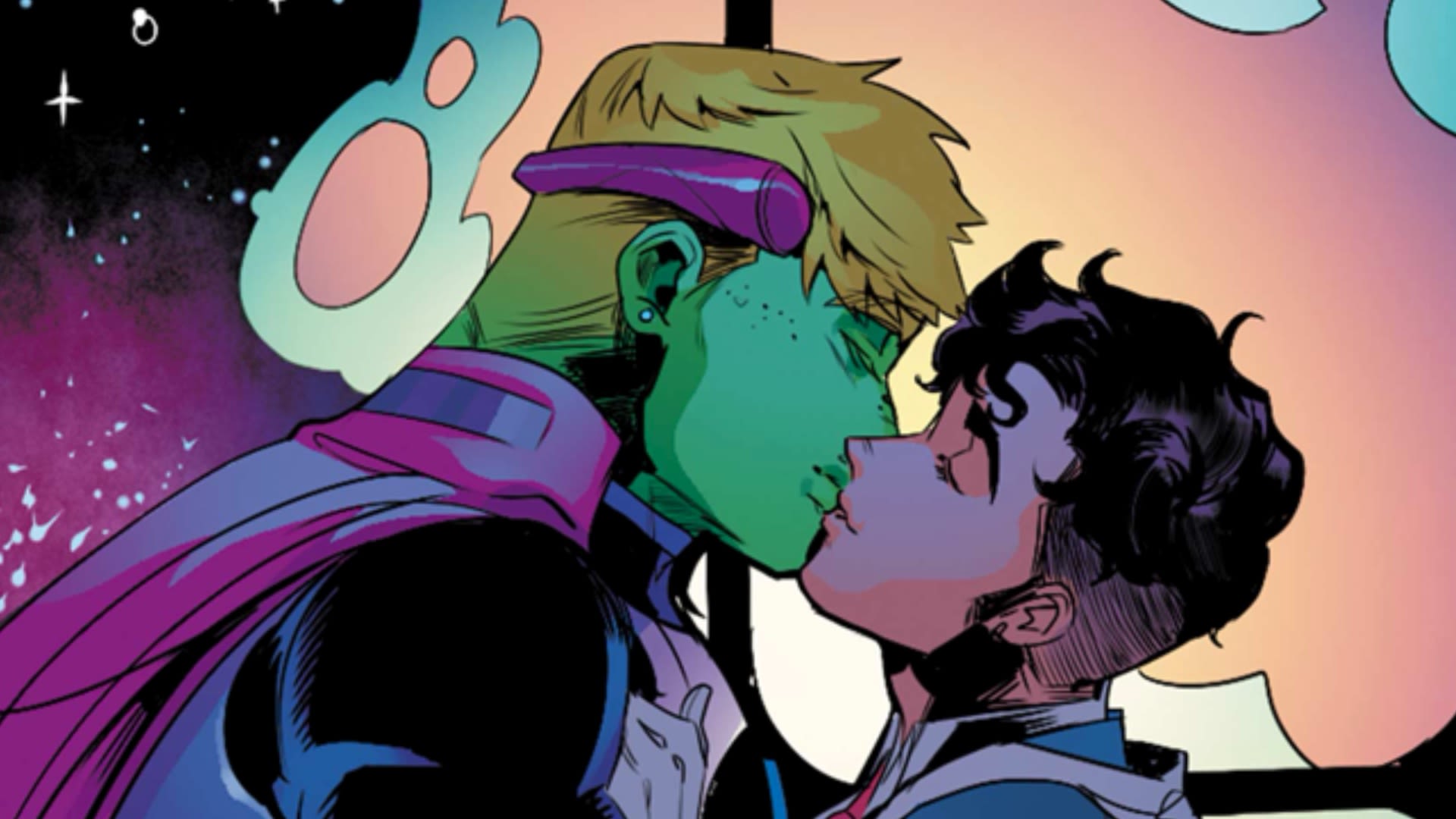Search results
News about comic book artist, freelance artist, downtown Birmingham
News about Marvel Comics, Jeph Loeb, Captain Aero Comics
Also in the news
The term comic book derives from American comic books once being a compilation of comic strips of a humorous tone; however, this practice was replaced by featuring stories of all genres, usually not humorous in tone.
American comics emerged as a mass medium in the early 20th century with the advent of newspaper comic strips; magazine-style comic books followed in the 1930s, in which the superhero genre became prominent after Superman appeared in 1938.
Sep 29, 2021 · Mixing up comic books and graphic novels can seem like a simple mistake but the terms “graphic novel” and “comic book” are not synonyms. Although both formats feature illustration-based storytelling, they have distinctions that reveal substantive differences.
Published in 1897, The Yellow Kid in McFadden’s Flats is considered to be the first comic book, insomuch that it bore the phrase “comic book” on its back cover. Although images of caricatures with related wording have existed since the Middle Ages, comics gained popularity through publication in the British humor magazine, Punch , where a ...
Aug 8, 2019 · Comic books recaptured the attention of America starting in the 1980s by branching out into uncharted territories. Comic books grew up, so to speak, and began offering darker characters, stories, and plot lines. Antiheroes, introduced by Marvel during the ‘60s, became increasingly popular.
In the 1960s and 1970s, underground cartoonists used the spelling comix to distinguish their work from mainstream newspaper strips and juvenile comic books. Their work was written for an adult audience but was usually comedic, so the "comic" label was still appropriate.


